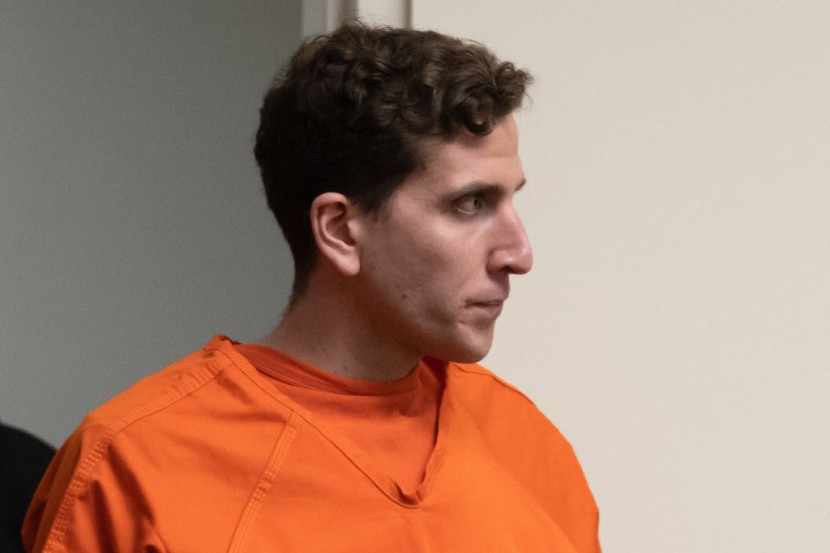
The suspect in the Idaho college murders where four people were killed, Bryan Kohberger, demanded that cameras be banned from the courtroom during criminal proceedings.
The defendant argues that news coverage of the case's developments has violated a judge's order and threatens his right to a fair trial. Kohberger has been charged with four counts of murder in relation to the deaths at a rental house near the state university's campus in Moscow, Idaho, last November.
Idaho College Murder Case
A judge previously entered a not-guilty plea on the defendant's behalf. In a statement, Latah County Prosecutor Bill Thompson said he planned to seek the death penalty as the punishment for the suspect's conviction. He added that the case is scheduled for trial this fall but warned that it could be delayed.
The suspect was a graduate student of the state university studying criminology at Washington State University. The latter was a short drive from the scene of the murders across the state border, as per the New York Post.
Kohberger was taken into custody at his parents' house in Pennsylvania, and the peculiar details of the murder case drew widespread interest. On Wednesday afternoon, Second District Judge John Judge heard arguments over camera access but did not immediately issue a decision.
Defense attorneys Anne Taylor and Jay Logsdon said in a court document filed late last month that the media pool photographers and videographers violated the judge's orders to show a wide shot of the courtroom and avoid recording images of notes on the tables of attorneys handling the case.
The suspect's attorneys also pointed to photos that showed their client walking into the courtroom and watching the court proceedings while seated at the defense tables. They also cited more zoomed-out videos, including indecipherable white papers on the defense table and part of Taylor's laptop screen.
Cameras in the Courtroom
Logsdon argued that the misuse of courtroom photos and video dehumanized his client and risked his right to a fair trial. He added that the defense team was concerned that the videos and photos could reveal information protected under attorney-client privilege laws, according to the Associated Press.
The defense attorney said that the court understands their concern about turning the case into a spectacle and argued that allowing photos and videos turned it into more of a TV show drama than a court proceeding.
A long-time media lawyer and general counsel to the Radio & Television News Association of Southern California, Royal Oakes, said he was against the idea of shutting down camera coverage of the case.
He notes that the solution to the issue is to bar the offenders and punish them in contempt of court, adding that the jury selection process was designed to remove bias. Oakes said that the public paid for the courtrooms and were the ones who voted for the lawmakers who were responsible for creating the laws. He claimed that this means the public is entitled to see its legal system at work, said Fox News.








